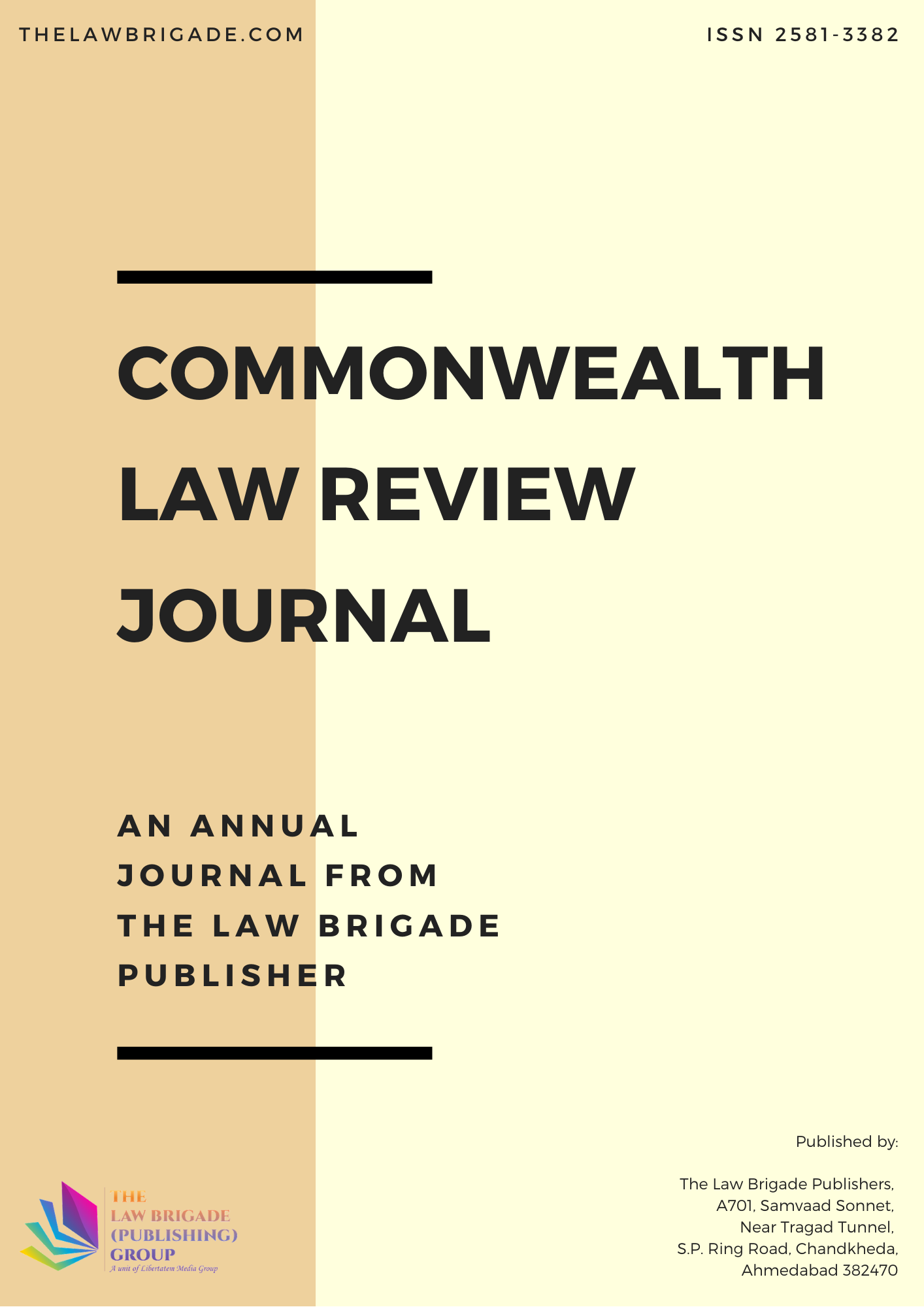Competition is an economics term which generates its origin from the ultimate point of view that excludes the seller from provision of services and or goods in a substandard manner while charging the consumers more. This is usually done by business firms as a market strategy in order to ensure their monopolization is sustained. The powers can be attained through various forms such as trade and commerce barriers, formulation of mergers and acquisitions and securing anti-competitive agreements between them; these acts hinder consumer power in the market. Alternatively, the anti-competitive practices lead to the formation of various laws and policies in the country so as to neutralize the situation, solving the arising disputes as well as protect the welfare of the consumers in the country.
This paper intends to focus on the examination of the dispute settlement mechanism within the competition legal framework in Tanzania.
The focal point of this paper is to examine on whether the dispute settlement mechanism within the competition legal framework is efficient and supportive to the Tanzania consumer circumstances and further assess the implications of natural monopolies on Competition and the existing anti-competitive practices. Further, the paper aims to explore competition law and policies in Tanzania, and look at a sound legal and institutional framework for the implementation and development of Competition Law and Policy; which incorporates some of the international best standards and practices.





